Hau Giang province has long been recognized as a province with great agricultural potential with key products such as rice and fruits. However, supply chain linkage is still a weak link in the province's agricultural sector.
Cau Duc pineapple is famous far and wide, but people are still worried about the output after each harvest.
Farmers in trouble
In recent years, farmers have faced many difficulties in the production and consumption of agricultural products. In particular, the lack of connection between stages in the supply chain has led to products not being consumed in a timely manner, causing waste and loss for people. In addition, the lack of information about the market and prices makes it difficult for farmers to price their products, leading to unstable income, sometimes even losses. Meanwhile, climate change is also a major challenge, directly affecting the productivity and quality of agricultural products, causing economic losses for people.
Mr. Vu Sui, who has many years of experience growing pineapples in Hoa Tien commune, Vi Thanh city, said: “I have been growing pineapples for many years, but every crop my family is worried because we have not found a stable outlet for our pineapple plantation. Although we are currently growing according to GlobalGAP standards, no company has signed a contract to purchase the product. If there is, the price is very low, not as good as selling to traders or retailing to the market. That is why I have decided to sell to outside traders to compete on price.”
This is not only a difficult problem for Mr. Vu Sui’s family, but most people in the province are facing the same situation. In order to produce quality products and meet the quantity, farmers have to invest a lot in crops, but when harvesting, the output is not guaranteed, prices are unstable, and sometimes it directly affects the productivity and quality of the products. This has become a difficult problem for farmers as well as authorities in the province.
In fact, the agricultural supply chain is still loose and fragmented, making it difficult to export agricultural products and farmers' income is very low. Specifically, the agricultural supply chain involves too many intermediaries, most of whom are traders, who are knowledgeable about the locality, have adequate means of transportation and a logistics system. Therefore, traders play the role of purchasing and transporting agricultural products. Thus, in the agricultural value chain, traders play the role of logistics service providers. But on the contrary, they become traders selling agricultural products to businesses and from there, they easily manipulate prices and supply.
The fragmented supply chain is the reason why the speed of bringing agricultural products to market is slow, causing many losses of agricultural products. It can be seen that the faster the speed of bringing products to market, the better the quality of vegetables and fruits is maintained as well as the faster the capital turnover. However, currently, the speed of bringing agricultural products to market is still very slow because traders directly control the purchase, affecting the supply and purchase price of agricultural products of enterprises. There are many cases where traders have "hoarded" goods, pushing up prices, causing goods to be held in the intermediary stage for quite a long time, making it difficult to avoid damage and loss.
Agricultural value chain solutions
Agricultural production according to the supply chain is a sustainable direction to help improve production efficiency and income for farmers and businesses. The development of agriculture towards increasing value shows the important role of linking production and consumption of agricultural products according to contracts. At the same time, the serious implementation of contracts is a premise to ensure that the participants in the value chain share benefits, responsibilities and invest effectively in the market economy in general and in the agricultural business sector in particular.
According to the provincial Department of Agriculture and Rural Development, to solve these difficulties, there needs to be synchronous solutions from many aspects. First of all, it is necessary to pay attention to the transport infrastructure system to ensure the smooth transportation and consumption of agricultural products, focusing on building a network of agricultural product purchasing throughout the province and neighboring areas to limit small-scale trading and price pressure by traders. In addition, it is necessary to develop production and consumption linkage models between farmers, businesses and intermediary organizations to create a closed and sustainable supply chain. At the same time, it is necessary to train and improve farmers' knowledge on production techniques, management and trading of agricultural products.
Along with that, large-scale production, cooperative economic development, taking enterprises as the core, linking with economic entities in concentrated production areas of appropriate scale; linking input chains, production - processing - distribution applying high technology to ensure competitiveness according to market requirements; promoting the application of science and technology in agriculture, as well as the need for quality standards in products, applying information technology in product traceability.
In addition to solutions from the State, people can also find outlets for their products by using information technology and social networks to reach customers. Online business models and electronic agricultural markets can help farmers reach consumers directly, reduce intermediaries and increase product value.
Boldly switching from ineffective crops to growing mulberry, Ms. Nguyen Thi Hong Mo, in Ba Hamlet, Thanh Hoa Commune, Phung Hiep District, has escaped poverty and earned hundreds of millions of VND each year. Ms. Mo shared: “Before, when I started growing mulberry, I mainly sold to neighbors nearby because I had not found an effective way to market it. After researching and learning how to build a brand and sell products through online sales channels, the number of products sold increased, and the number of traders contacting me to buy mulberry increased, so I had the opportunity to consider reasonable prices. My income and profit increased a lot compared to before, there were days when I sold up to 50-60kg on the internet, and every day I had orders within the province and outside the province such as Can Tho, Ho Chi Minh City, etc. …”.
However, in reality, the supply chain in the province still has many difficulties that need to be considered and resolved, such as unstable transportation and output processes. Enterprises do not dare to invest in agricultural production because of uncertainties from both the demand and supply sides. This is an eternal problem of agriculture, but on the contrary, it also shows market-related problems such as loose connections between enterprises and farmers.
Faced with this situation, specialized agencies have planned and proposed practical support policies to help farmers overcome difficulties and develop sustainably. Policies on preferential credit, technical and technological support, as well as encouraging production and consumption linkages are essential. At the same time, there should be trade promotion programs to promote the province's agricultural products to domestic and foreign markets.
MAI THANH
Source: https://www.baohaugiang.com.vn/nong-nghiep-nong-thon/go-kho-cho-chuoi-cung-ung-gia-tri-nong-san-134514.html


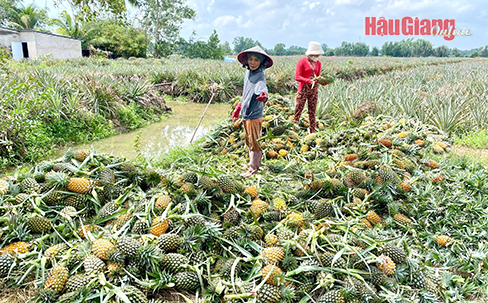







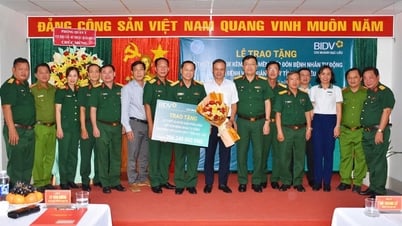
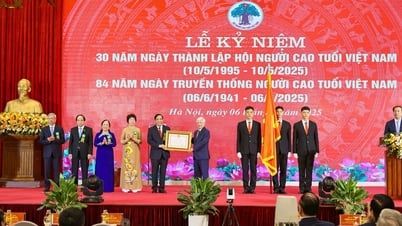

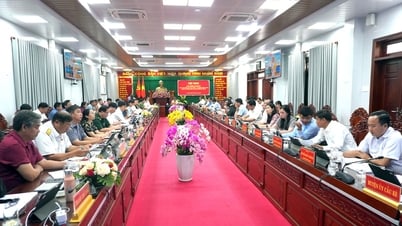
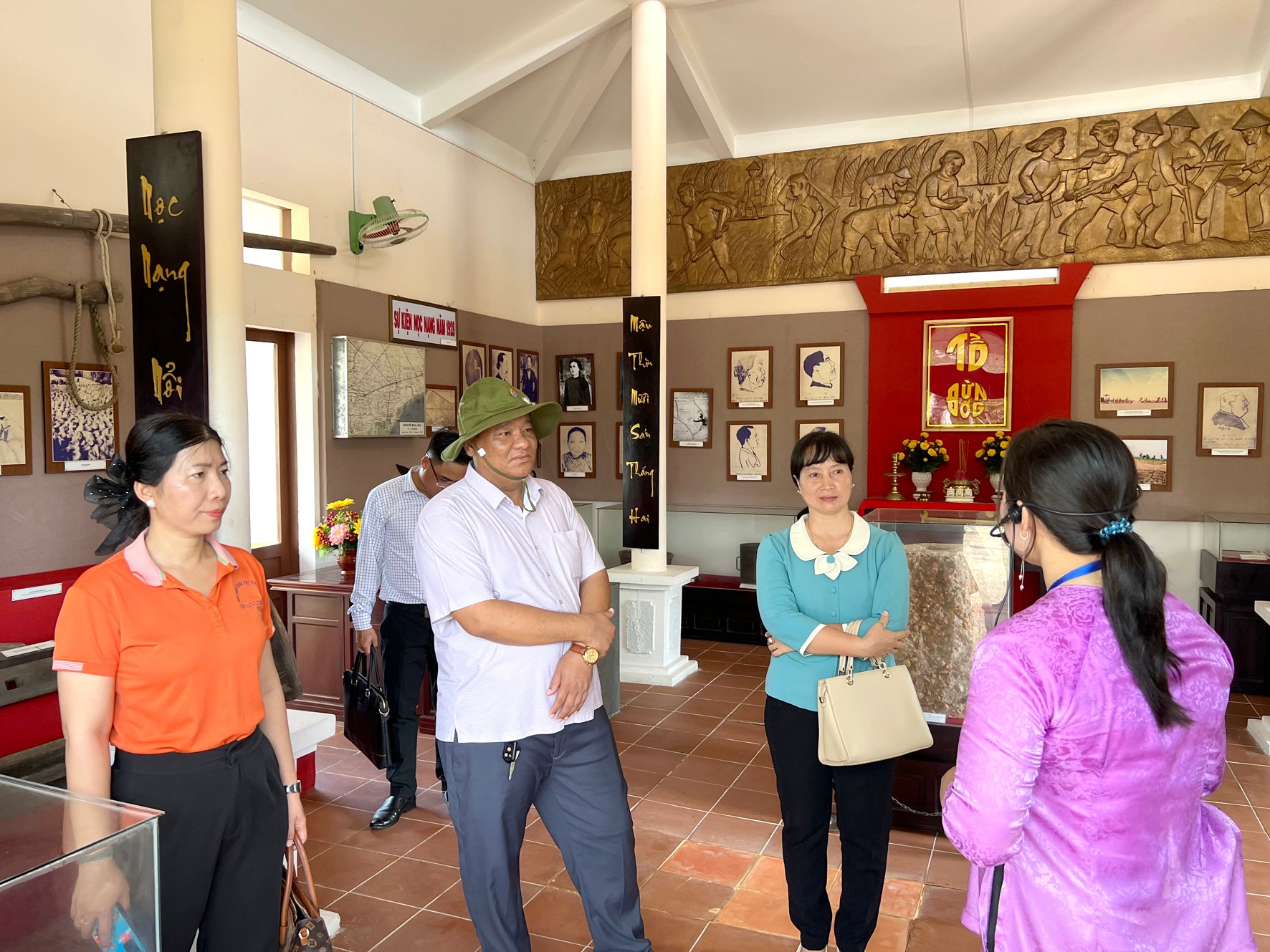











![[Photo] Nearly 104,000 candidates in Hanoi complete procedures to take the 10th grade entrance exam](https://vphoto.vietnam.vn/thumb/1200x675/vietnam/resource/IMAGE/2025/6/7/7dbf58fd77224eb583ea5c819ebf5a4e)





























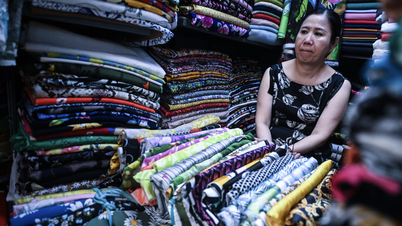



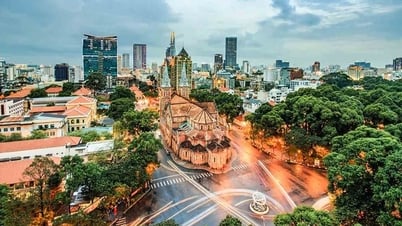
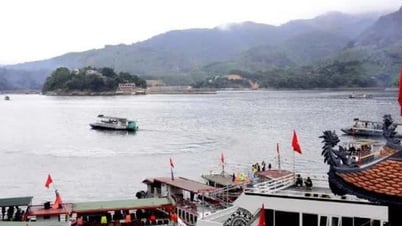




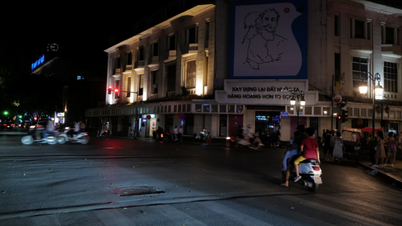



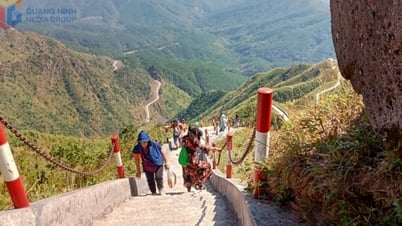

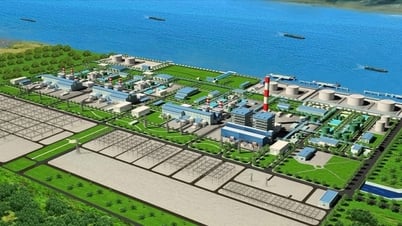

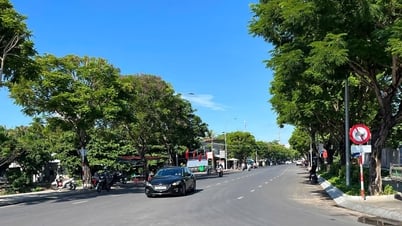










![[OCOP REVIEW] Tu Duyen Syrup - The essence of herbs from the mountains and forests of Nhu Thanh](https://vphoto.vietnam.vn/thumb/402x226/vietnam/resource/IMAGE/2025/6/5/58ca32fce4ec44039e444fbfae7e75ec)






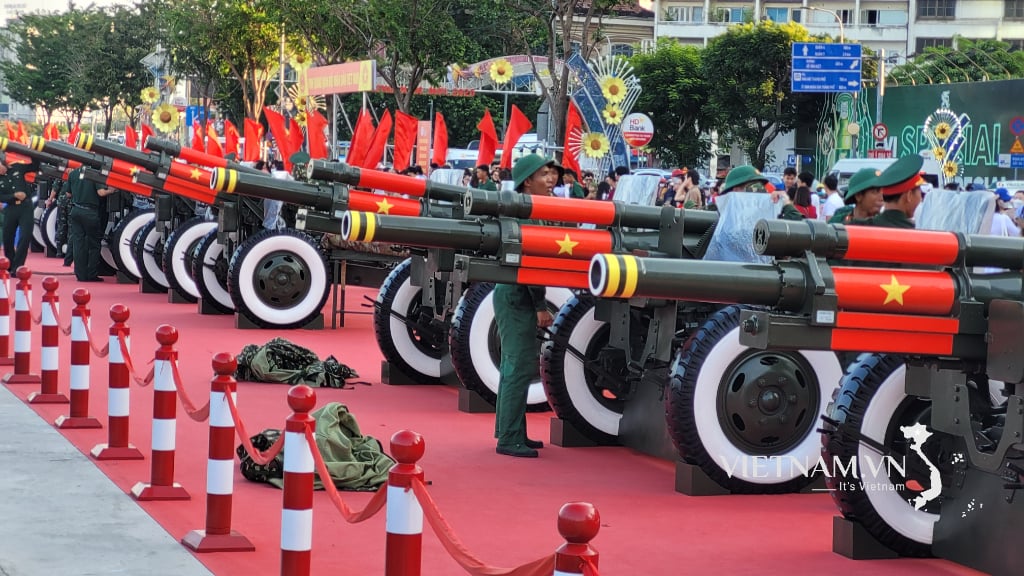
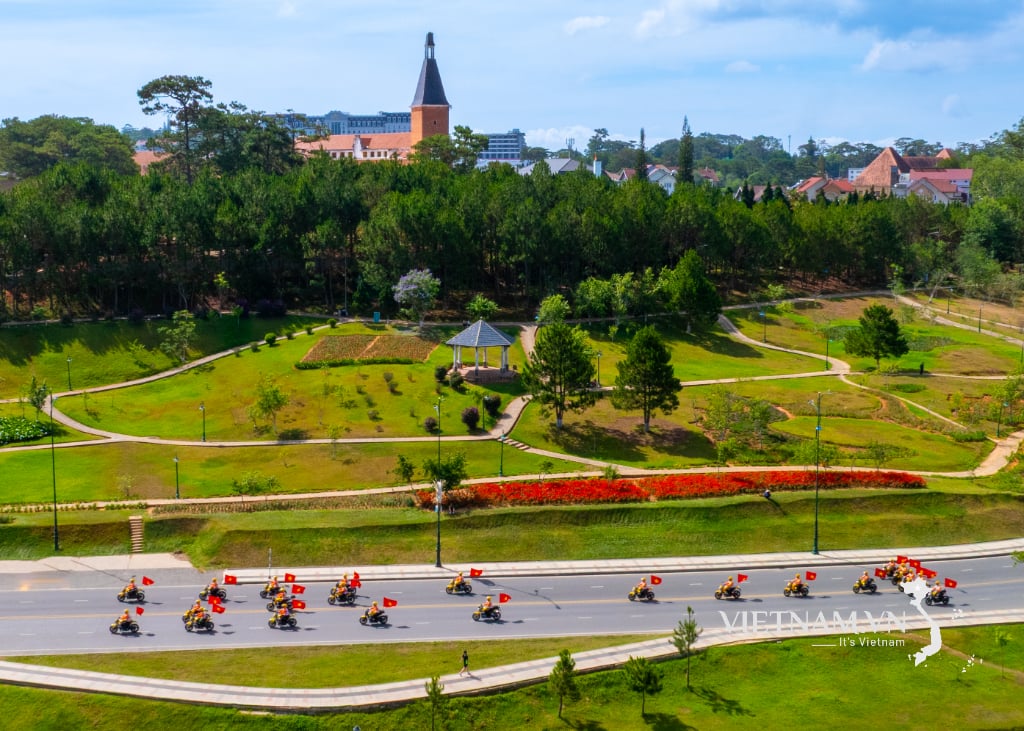

Comment (0)